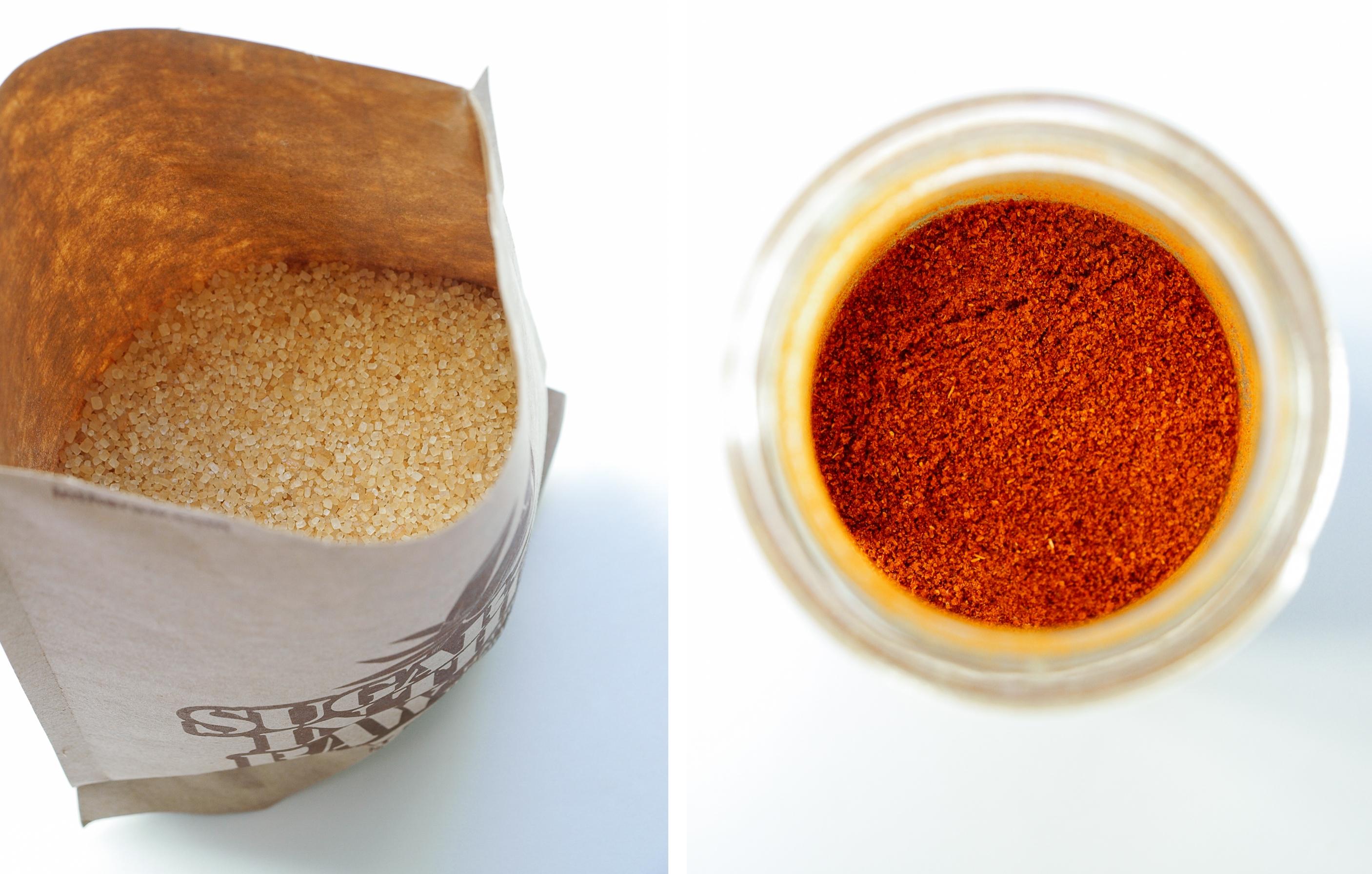In a world where the pursuit of health and wellness often takes center stage, detox teas have emerged as a popular elixir, promising to cleanse the body and melt away unwanted pounds. With sleek packaging and tantalizing promises, these herbal infusions have found their way into the routines of many seeking a quick fix for fat loss. Yet, beneath the aromatic allure lies a pressing question: Are detox teas truly the miracle brews they claim to be, or are they simply steeped in marketing myths? This article delves into the science—or lack thereof—behind detox teas, exploring their ingredients, purported benefits, and the scientific evidence supporting their role in fat loss. Join us as we unravel the truth behind the tea leaves, navigating the fine line between health trends and scientific fact.
Understanding Detox Teas and Their Claims
Detox teas have surged in popularity, often marketed as a magical solution for weight loss. They typically contain a blend of herbs like dandelion, ginger, and senna, each promising to cleanse the body and enhance metabolism. While these teas are often associated with the notion of detoxifying the system, it’s crucial to dissect their claims through a scientific lens.
- Herbal Ingredients: Many detox teas boast a mix of natural ingredients believed to have diuretic and laxative effects. While this may lead to temporary weight reduction, primarily due to water loss, it’s not a sustainable fat loss strategy.
- Metabolism Boost: Some ingredients, like green tea, are indeed linked to a slight increase in metabolic rate. However, the impact is often marginal and not a substitute for a balanced diet and regular exercise.
- Scientific Backing: The scientific community remains skeptical, as most detox tea claims lack rigorous research and clinical trials. Without substantial evidence, it’s essential to approach these products with caution.
In essence, while detox teas may offer a temporary solution, they are not a panacea for fat loss. It’s advisable to focus on proven methods like balanced nutrition and consistent physical activity for sustainable results.

Scientific Evidence: Do Detox Teas Really Promote Fat Loss
When it comes to the effectiveness of detox teas in promoting fat loss, the scientific community presents a mixed bag of evidence. While some ingredients commonly found in these teas, such as green tea extract and caffeine, have been linked to increased metabolism and fat oxidation, the overall impact on weight loss is often minimal and temporary. Research indicates that while these components can contribute to a slight uptick in calorie burning, they are not a magic bullet for shedding pounds.
It’s important to recognize the limitations of detox teas, especially when considering their marketed benefits. Most studies suggest that any weight loss associated with these teas is primarily due to water loss rather than actual fat reduction. Consider the following key points when evaluating detox teas for fat loss:
- Short-term Effects: Many users experience a quick drop in weight due to the diuretic effects, which is often temporary.
- Ingredient Variability: The efficacy can vary significantly depending on the specific blend and formulation of the tea.
- Lifestyle Factors: Sustainable fat loss typically requires a combination of healthy diet and regular exercise, which detox teas alone cannot replace.
Potential Risks and Side Effects of Detox Teas
While detox teas are often marketed as a natural solution for weight loss, it’s crucial to be aware of their potential risks and side effects. Many detox teas contain a variety of herbal ingredients that may cause adverse reactions. Common side effects can include:
- Gastrointestinal discomfort, such as cramps, bloating, and diarrhea
- Electrolyte imbalance due to excessive fluid loss
- Interference with medication absorption
Furthermore, the diuretic effect of these teas can lead to dehydration if not consumed responsibly. The use of certain herbs, like senna, can also cause dependency and disrupt natural bowel function. It’s essential to consult with a healthcare provider before incorporating detox teas into your routine, especially if you have underlying health conditions or are taking medications.

Expert Recommendations on Using Detox Teas for Weight Management
When it comes to weight management, the allure of detox teas often lies in their promise of quick results. While the scientific community is still debating the effectiveness of these teas for fat loss, experts offer a few recommendations for those considering their use. First and foremost, it’s important to view detox teas as a supplementary aid rather than a primary solution. They should complement a balanced diet and regular exercise, rather than replace them.
- Choose Wisely: Opt for products that list all ingredients clearly and avoid those with excessive caffeine or laxatives, which can lead to dehydration and other health issues.
- Moderation is Key: Limit consumption to avoid potential side effects, such as digestive discomfort or dependency.
- Consult a Professional: Before starting any detox regimen, consult with a healthcare provider, especially if you have existing health conditions or are on medication.
By adhering to these expert guidelines, users can potentially integrate detox teas into their lifestyle more safely, while keeping expectations realistic about their impact on weight loss.

